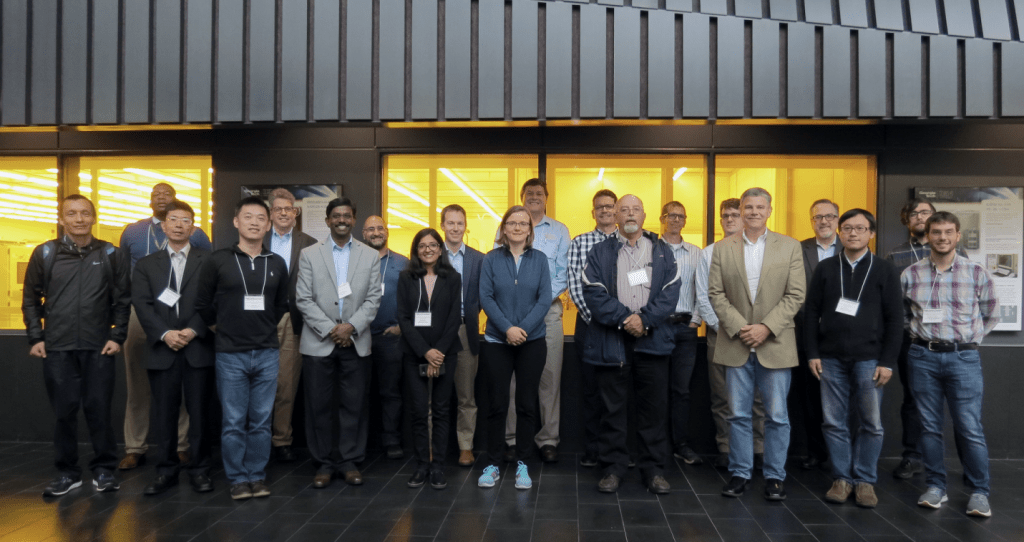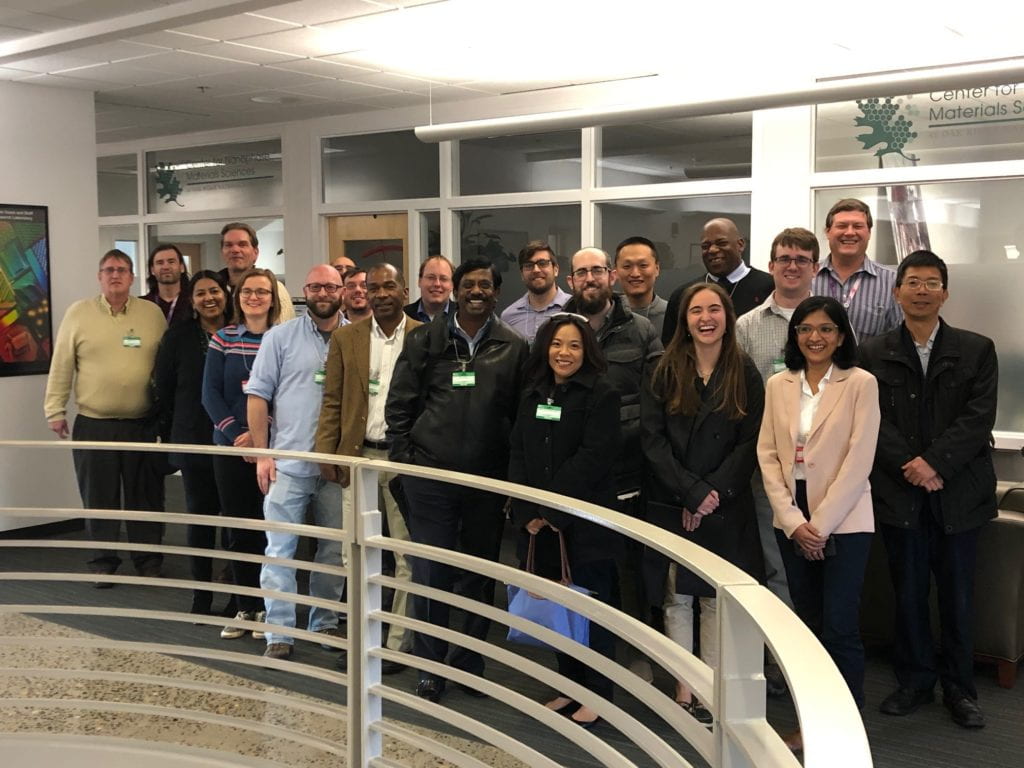The Southeastern Nano Facility Network (SENFN) was created in 2018 as a regional network of nanoscale science and engineering user facilities located in the SE United States. SENFN had its inaugural meeting on November 12, 2018 at Georgia Tech and a second meeting in 2019 at ORNL. A virtual meeting, discussing the challenges of COVID-19, took place in 2020.
The objectives of this network are to share information on capabilities and events at each facility, discuss best-practice solutions to common challenges, and begin a process for informal staff-level technical exchanges. SENFN includes the institutions listed below. If you are interested in joining SENFN, please contact Dr. David Gottfried.
While all SENFN facilities include tools and expertise for nanoscale fabrication and characterization, some of these facilities contain unique capabilities that are available to the broader scientific community.
Clemson COMSET operates an Optical Fiber Laboratory, which is the only academic facility in the United States with industry-grade capabilities for fabricating optical fiber. The Optical Fiber Laboratory comprises an SG Controls MCVD lathe and Heathway Fiber Draw Tower along with a preform and fiber characterization laboratory as well as a staff of three on-site researchers with more than 40 years of cumulative industrial experience in the optical fiber industry.
JSNN includes the Gateway Materials Test Center (GMTC) which can perform composite and textile testing. Also located within the JSNN Microscopy Lab is a Zeiss Orion Plus Helium Ion Microscope.
UNC CHANL facility includes capability for hot embossing a mold into a thermoplastic material at temperatures above its glass transition temperature with an applied force. This tool allows temperatures up to 320º, pressures up to 20 tons, front and backside embossing with alignment, with capabilities of embossing features on the micron and nanoscale.
ORNL Microwave Plasma Enhanced Nano-Crystaline Diamond Deposition
Biocleanrooms are located at several of the institutions, including Georgia Tech, JSNN, and University of Georgia

